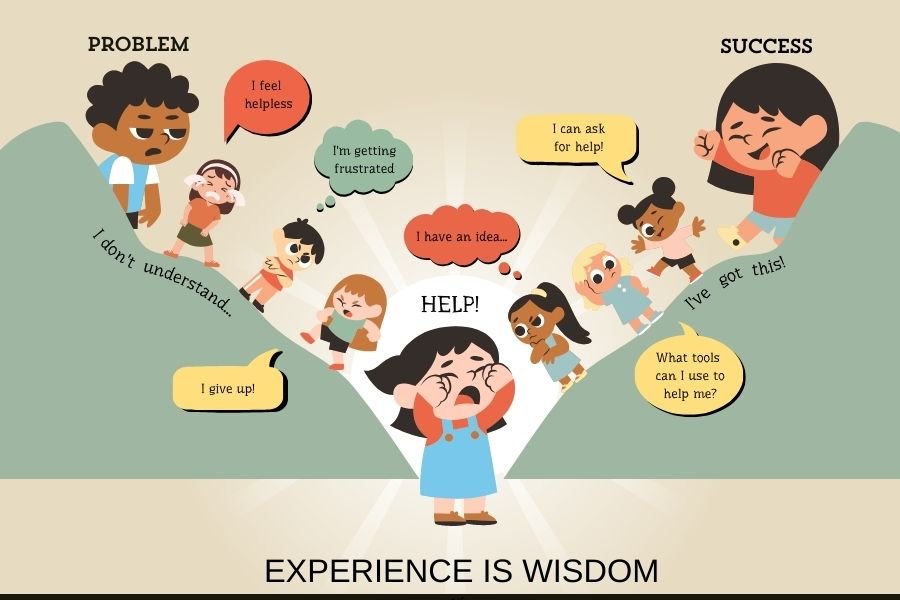Emotional Awareness: The Leader’s Must-Have Trait
Emotional Awareness is the stepping stone to growth. For leadership roles, cultivating Emotional Awareness is more or less a prerequisite. Following are some simple strategies that can assist in developing Emotional Awareness…
Academic scores and achievement have always been considered as the most important criteria for landing a job. Most people, while looking for opportunities, list these right at the top of their resumes. However, this might be one of the top criteria for hiring people but as one moves up the ladder there are other important considerations. And one factor that definitely defines the growth path is Emotional Awareness. Largely considered a soft skill, this is reflected in decisions taken at the workplace as well as in personal life and can be a strong indicator of the emotional stability of a person. Furthermore, people with high Emotional Awareness are more productive, can easily adapt to changes, tend to resolve conflict situations in a calmer and more efficient manner, and have lower stress and anxiety.
In fact, Emotional Awareness is considered an important personality trait for leadership roles. Leaders with high Emotional Awareness have the ability to manage their own emotions and can also recognize and deal with those of other team members.
There are some simple factors and practices that can assist in developing Emotional Awareness.
Reflect on your day
Each day brings new challenges and new learnings, however, in the course of a busy day, this might not be at the forefront of our priorities. Sitting back at the end of a workday and reflecting on how the day panned out can help to relook at the challenges and to internalize the leanings. An extra step could be taking notes, these can be a good way of reflecting on the day and keeping a note of the inherent ways of reacting to situations, and can be used as the basis for keeping an eye out for certain patterns in behavior that need to be adjusted.
Focus on your emotions
As we grow older, a lot of us learn to ignore our emotions. However, emotionally intelligent people are aware of their emotions and they know the triggers that lead to extreme reactions. Over time, it is important to learn to deal with these triggers in a more effective manner as ignoring them may lead to uncontrollable reactions.
Furthermore, people who cultivate the ability to recognize their emotions, can also better recognize the emotions of other people. This ability can assist them to modify their behavior as and when needed and equips them to be better leaders.
Be open to feedback
As human beings, we are programmed to believe that we have got it all right. However, this may not necessarily be true. To develop Emotional Awareness, it is imperative to have the ability to take feedback and inculcate traits that can help us develop. Dismissing constructive feedback from our peers and leaders can restrain a person’s growth, therefore, it is important to take feedback and logically categorizing it before reacting to it.
Emotionally intelligent people gradually cultivate the ability to navigate through challenges by taking a rational approach. This is a trait that sets them apart from the crowd. And with time, it is these people who act as trailblazers and take on the role of leaders.















